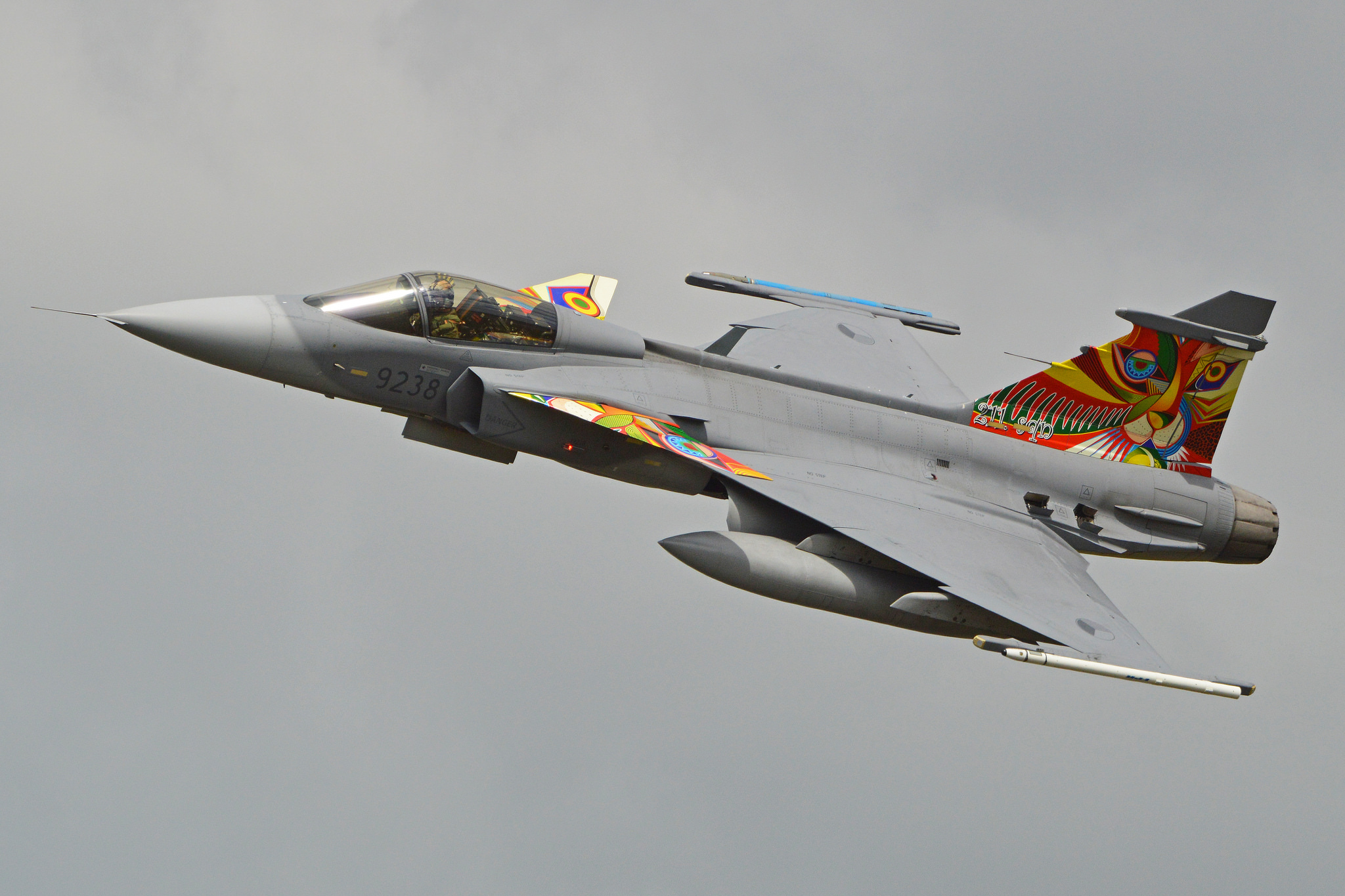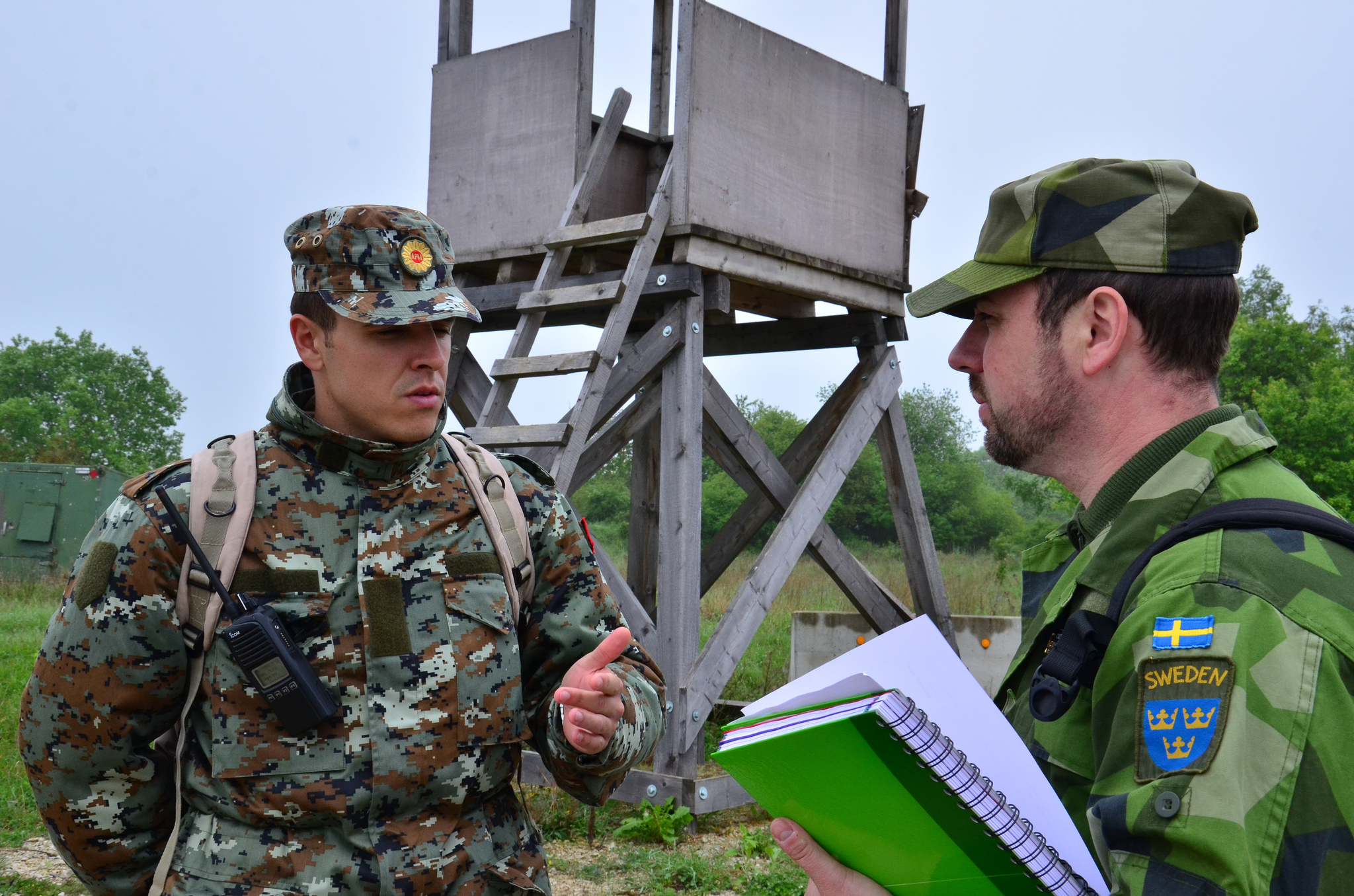This opinion piece is part of a two-part series. Click here to read the anti-NATO article.
Since Sweden signed the Memorandum of Understanding with the North Atlantic Treaty Organization (NATO) in September 2014, a lively debate has emerged in Swedish government and civil society about whether it is time for Sweden to move to a full membership of the alliance. NATO is a military alliance originally created in the early days of the Cold War to defend Europe’s democratic states from an attack by the Soviet Union. Though it was never called into action during that conflict, it remains to this day as an alliance of Western European and North American nations including many members of the European Union and three of the five Nordic countries. Only Sweden and Finland are not members.
There are many ways in which joining NATO could benefit Sweden and its national defence, but this article focuses on three major ones: an increase in efficiency of the Swedish armed forces for both domestic and expeditionary missions, codifying and normalizing Sweden’s already-existing ad-hoc arrangements and joint missions with NATO, and as protection against the continuing threat that Russia poses towards the Nordic states.
From the start, we have to remember that Sweden is a small country, especially compared to global powers like the United States, Russia or China. It lacks the funding and manpower to have the large and varied military required to stand up to a major power. Without membership in an alliance, Sweden itself has to pay for and maintain a wide range of modern military capabilities that it rarely uses. Membership in NATO would allow Sweden to rely on its allies for some of the more expensive capabilities such as strategic air lift or signals intelligence. This in turn would enable Sweden to field more effective and up-to-date military forces at a far lower expense than if it had to maintain the same level of capabilities on its own. It would also make it easier for Sweden to participate in joint operations, that, due to its small size, almost all of its military activity consists of.
Furthermore, Sweden would gain additional leverage when exporting the products of its own technical expertise to the alliance, such as its SAAB Gripen fighter plane that has already been adopted by several NATO states. Working together with other NATO countries can show off the effectiveness of Sweden’s domestically-developed technology and entice other members to adopt it. Sweden would have greater say in what equipment gets used in joint NATO operations, allowing it to further promote Swedish products. These concerns mean that full membership in NATO would benefit not only the Swedish defence forces, but Sweden’s economy as well.
Opponents to Sweden’s NATO membership frequently cite Sweden’s historical neutrality as a reason to avoid the foreign entanglements that alliance ties bring. However, Sweden is already deeply involved in global security issues in ways that can hardly be described as neutral. Firstly, as a member of the European Union, Sweden is already part of a defensive alliance through Article 42 of the Treaty on European Union. Outside of Sweden and Finland, only Austria, Ireland and Cyprus are members of the EU without being members of NATO. Since an attack on any single NATO member is considered as an attack on every NATO member and an attack on an EU member is an attack on all of the EU, Sweden is already indirectly pledged to defend NATO and vice versa.
Sweden also acts far less neutrally now than it has historically. It has plenty of military commitments outside its borders and many of them are in cooperation with the EU, NATO or both. Swedish armed forces are deployed in over 20 countries with 14 missions outside of Sweden. This is not to mention the already-existing cooperation between Sweden and NATO, including intelligence sharing, joint military exercises and cyber defence. Joining NATO would not impose many new military commitments on Sweden, but it would make the existing ones clearer and easier to manage.
While Europe is no longer a potential battleground for a world war between opposing ideologies, NATO remains oriented towards defending Europe from threats from the East. Since the dissolution of the Soviet Union, some scholars and politicians have suggested that Europe no longer needs to be protected from Russia and many critics of Sweden’s potential NATO membership have turned to those missives as support for their cause. However, in many ways, Russia is still one of the biggest military threats to Sweden. Sweden’s domestic intelligence service SäPo, for instance, named Russia as Sweden’s number one security threat in 2014.
This is no surprise given the Russian armed forces’ incursions into both the Swedish waters and airspace. Especially worrying was its 2013 practice for a nuclear attack on Stockholm. Clearly, Russia already views Sweden as a potential enemy even without it becoming a NATO member state, dispelling the idealistic notion that neutrality will keep Sweden from being drawn into a potentially nuclear conflict. Notably, the Russian bombers practicing the nuclear assault were intercepted not by the Swedish defence forces, but by Danish aircraft flying as part of a NATO mission, highlighting just how important cooperation with NATO is to Sweden’s national security.
Opponents of Sweden’s NATO membership point out the various costs and dangers joining the alliance would impose on Sweden. However, Sweden already faces the same risks NATO opponents decry. It is already participating in many missions abroad and it is already a potential target for Russian aggression. However, joining NATO will allow Sweden to streamline those foreign commitments and make its armed forces more efficient by reducing the redundant capabilities it needs to invest in. It will also provide new markets for Sweden’s domestic defence industry as full membership would give Sweden more influence on NATO procurement processes and help build trust in its exports. Most importantly, however, membership in NATO would give Sweden agency and allow it to take part in shaping the modern world rather than simply observing from the sidelines.
Related articles:
Sweden, NATO and Cyber Security – Interview with Carl Bildt
Photo credits:
Cover picture: Spc. Justin De Hoyos, U.S. Army. Public domain. Edited by Michael Schätzlein.
Picture 1: Alan Wilson, licensed under CC BY-SA 2.0
Picture 2: Spc. John Cress Jr., U.S. Army. Public domain.












